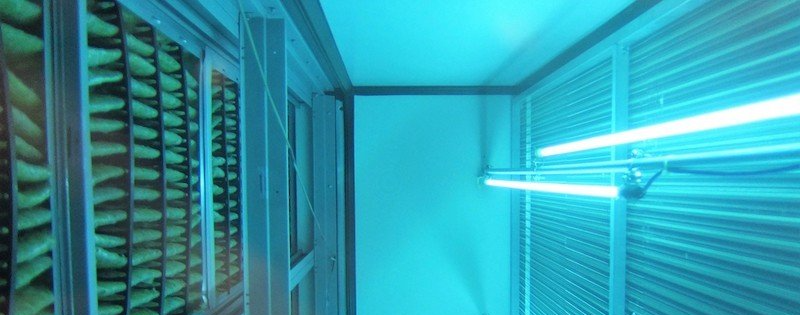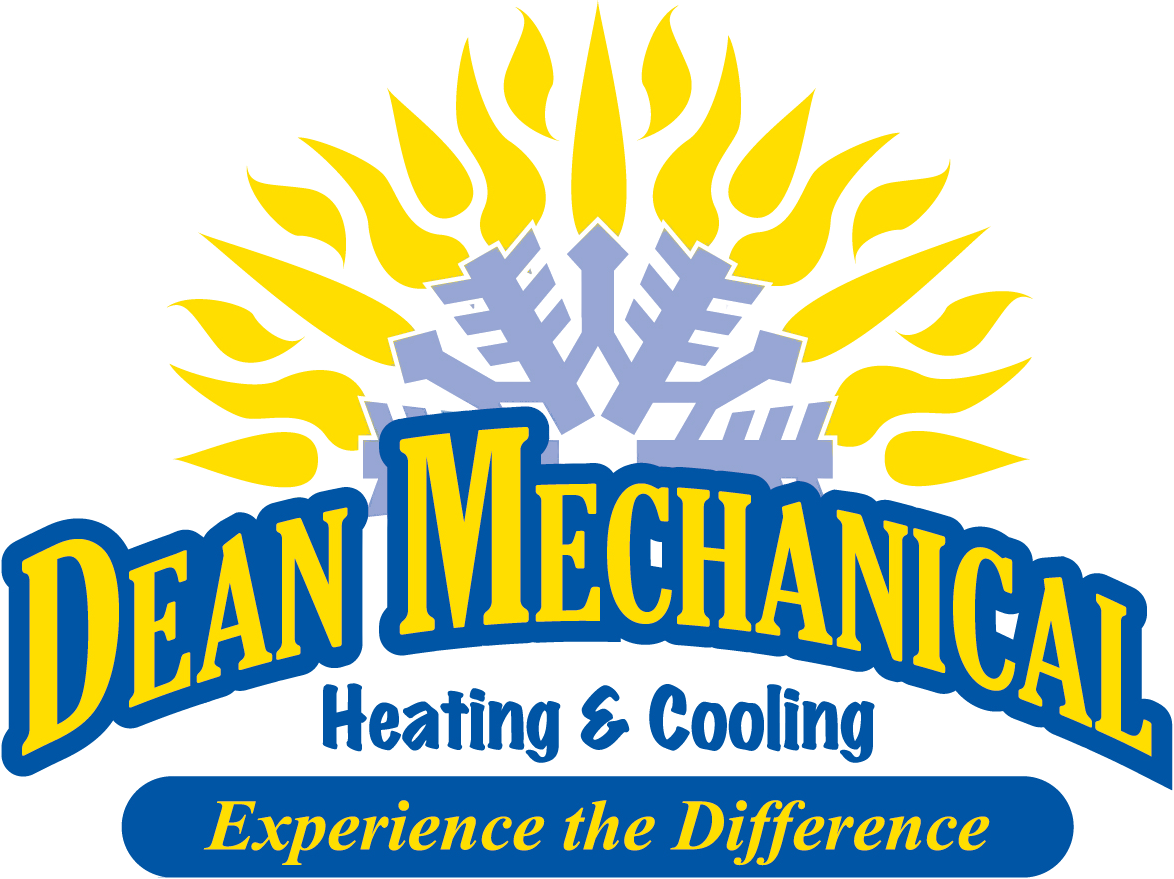Ultraviolet (UV) light isn’t frequently mentioned with HVAC systems, but with a new interest in sanitation, it’s starting to enter conversations more and more. Without getting too “science-y”, UV light refers to light waves that are above the visible light spectrum. Here, we’ll explore in more detail what it is, and why it’s entering the air-quality conversation with more prevalence.
What Is UV Light?
Okay, we’ll get a little “science-y” here. As mentioned before, UV light is light that’s above the visible spectrum. That means it has more energy than visible light. The amount of energy or electromagnetic radiation light has is a function of its frequency and wavelength, which are inversely proportional. That means as one increases, the other decreases. Higher frequency means shorter wavelength and vice-versa. So, why is the science-y stuff important?
Because higher frequency means higher energy. That means UV light emits more energy (electromagnetic radiation) than visible light. Furthermore, UV light is broken down into 3 categories or Ultraviolet (UV) A,B and C. UVA is in the range that includes blacklights and is closer to the visible end of the spectrum. UVB has enough energy to disrupt DNA in skin cells and this is the light that causes sunburns and skin cancer. UVC has the most energy of ultraviolet light and can destroy microorganisms.

Does UV Light Clean Air?
This is where we’ll focus on the UVC. Because of its energy and ability to destroy microorganisms, the obvious application is in sanitation. UVC light has frequent use in sanitation settings such as water treatment, food processing and laboratories. Hospitals also use them to disinfect and clean surfaces. So it would stand to reason it would be a logical choice to clean air on your HVAC system, right?
The simple answer is yes, but it doesn’t come without some warnings. A UV air cleaner installed in your air handler can kill mold and bacteria, and viruses. That means they can be helpful in keeping your coil and drain pan clean and, yes, improving air quality.
However, it bears mentioning that some materials break down when exposed to UV light, so you need to make sure your system won’t. Some UV lamps can also create ozone, which can be harmful if breathed. Make sure the lamps you get are ozone free. Proper ventilation and filtration are still the best ways to improve air quality.
Final Thoughts
Yes, UV lights can improve or rather, sanitize your HVAC system. UV lights in your air handler can help eradicate allergens and viruses. But they shouldn’t be considered a primary source of air quality improvement. Proper HVAC maintenance, filtration and circulation should be considered before UV elements. But is UV right for your system? Let the experts at Dean Mechanical help you make that determination. Serving Oakland, Macomb, Washtenaw, Wayne and Livingston counties for years, Dean Mechanical has the right people with the right experience and know-how to help you! Contact us today, and let our licensed professionals guide you!
